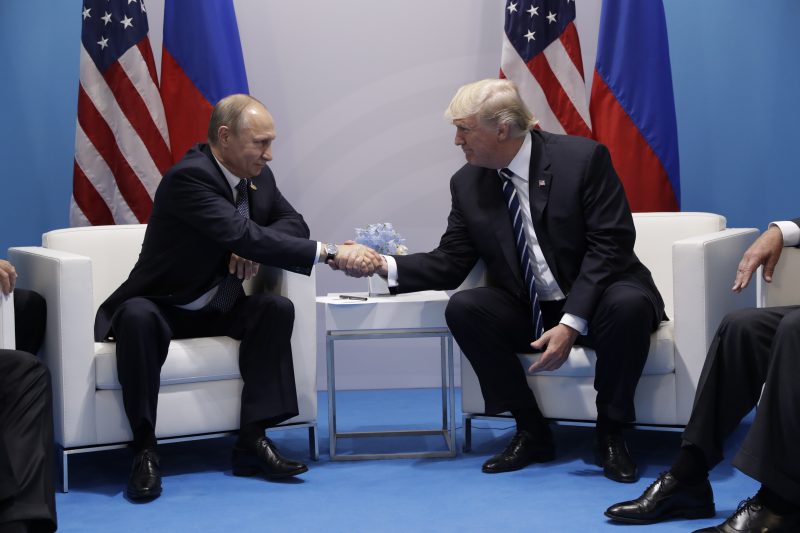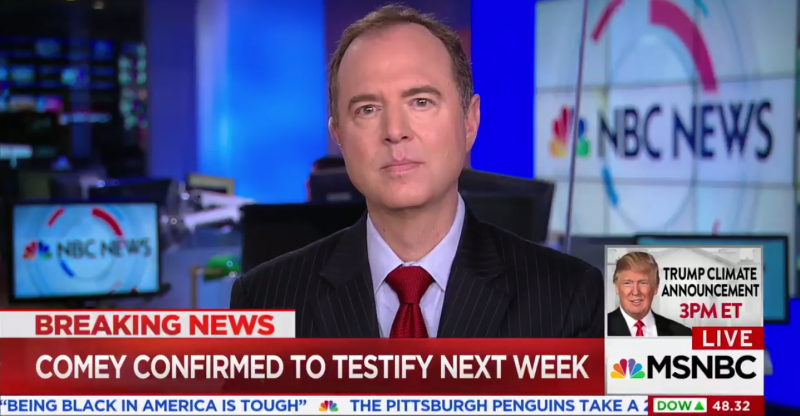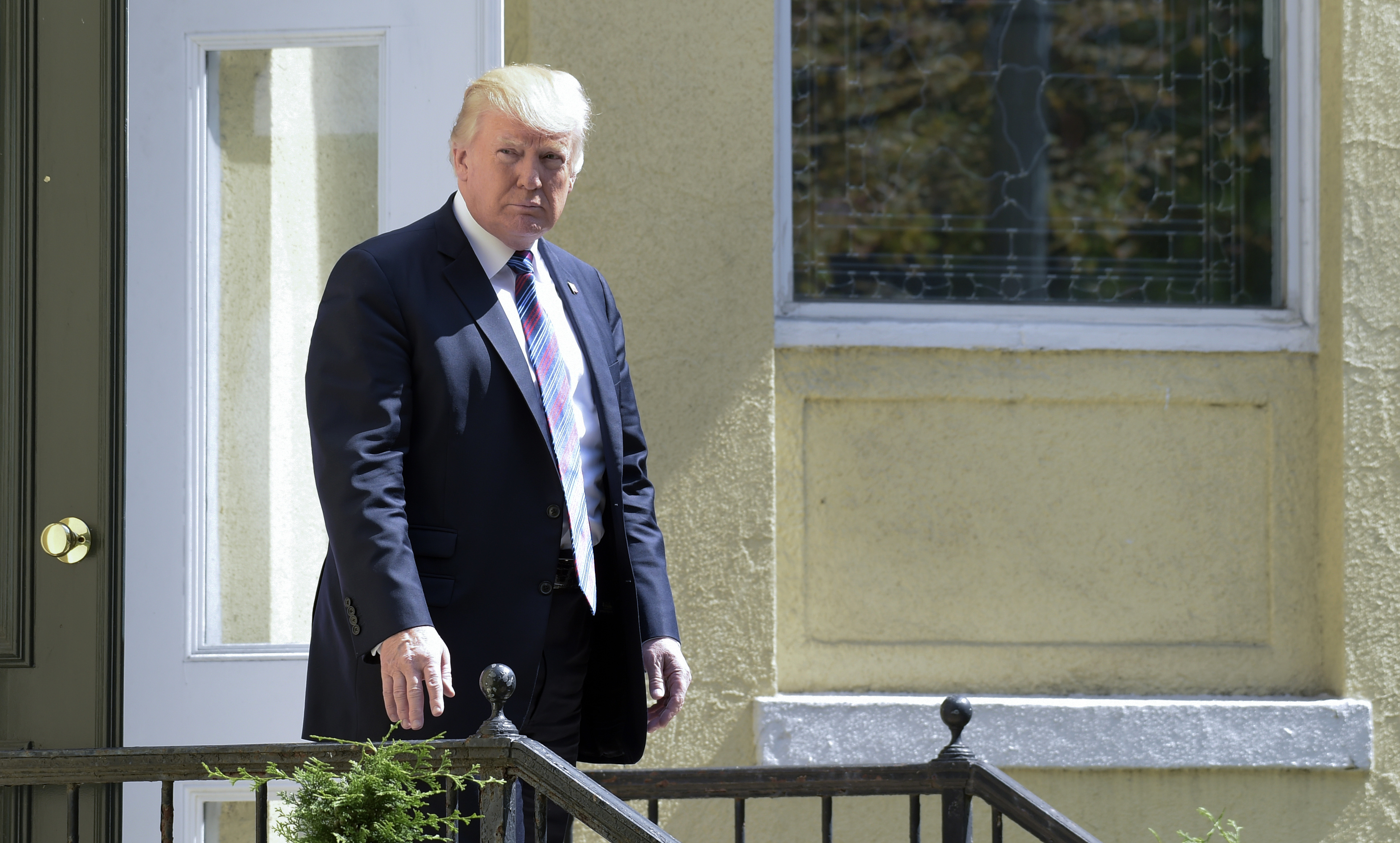Rep. Adam Schiff, ranking member on the House Intelligence Committee, told CNN on Sunday that President Donald Trump is misleading investigators and the public about his ties to Russia.
Schiff made the remarks when CNN’s Dana Bash asked him about recent revelations that Trump’s longtime lawyer and confidant, Michael Cohen, had reached out to a senior Kremlin official during the campaign about a Trump Organization venture in Russia.
In particular, he emailed Dmitry Peskov, a top aide to Russian President Vladimir Putin, last January during the campaign requesting his “assistance” in securing a real-estate deal for a Trump Tower location in Moscow.
The email represents the clearest interaction reported thus far between a senior Trump adviser and a member of the Russian government.
"Over the past few months I have been working with a company based in Russia regarding the development of a Trump Tower - Moscow project in Moscow City," Cohen wrote to Peskov, according to The Washington Post. "Without getting into lengthy specifics the communication between our two sides has stalled."
Cohen continued: "As this project is too important, I am hereby requesting your assistance. I respectfully request someone, preferably you, contact me so that I might discuss the specifics as well as arranging meetings with the appropriate individuals. I thank you in advance for your assistance and look forward to hearing from you soon."
Schiff said the interaction was "very significant" and indicated that "the president was dishonest when he said during the campaign that he had no business in Russia, was pursuing no business in Russia."
He added that the revelation was also important because if Trump or his businesses were pursuing ventures with Russia during the campaign, "that might have influenced the positions that the candidate took in a more pro-Russia direction."

To be sure, Trump talked up Putin several times from September 2015 to January 2016, the time between which the Trump Tower Moscow deal was being pursued:
- "I will tell you that, I think, in terms of leadership, [Putin] is getting an A and [Obama] is not doing so well," Trump told Bill O'Reilly in September 2015.He also repeatedly advocated for foreign policy goals that support Russia's objectives in hotspots like Syria, and he downplayed the threat Russia posed to the global order. When he was asked what he would do about Russia during a November 2015 Republican primary debate, for instance, Trump deflected the question and instead pivoted to talk about dangers posed by China, North Korea, and Iran. And when Putin complimented Trump as a "bright and talented person" and "the absolute leader of the presidential race" in December of that year, Trump replied that it was "a great honor to be so nicely complimented by a man so highly respected within his own country and beyond." In January 2016, toward the end of the Trump Organization's push for the Moscow deal, Fox Business Network host Maria Bartiromo asked Trump about British investigators' assessment that Putin ordered the assassination of a Russian dissident. "Well, I don't know if anything has been determined," Trump replied. "I don't think they found him guilty. They say a lot of things about me that are untrue, too."

Schiff said on Sunday that if Trump was indeed pursuing business deals in Russia when he was running for president, "if they were going to be criticizing Putin, criticizing Russia, that would diminish the chances that this deal would go through."
"So I think it's very significant," he said, adding that he expected Cohen, as well as Russian-born businessman Felix Sater, to testify before the committee.
Cohen was in touch with Sater, who is also a real-estate adviser to Trump and first pushed for the Trump Organization to pursue a Trump Tower deal in Moscow in late 2015, when Trump was a presidential candidate.
Sater told Talking Points Memo in August that his "last Moscow deal for the Trump Organization was in October of 2015" but that it "didn't go through because obviously he became president."
"Once the campaign was really going-going, it was obvious there were going to be no deals internationally," Sater said. "We were still working on it, doing something with it, November-December."
However, Sater and Cohen exchanged a series of emails in November 2015 in which they geared up to celebrate the Moscow deal, as well as Trump's election victory, which would come a year later. In the emails, which were obtained by The New York Times, Sater bragged about his relationship with Putin and told Cohen that he would "get all of Putins team to buy in" on the Trump Tower Moscow deal.
"Our boy can become president of the USA and we can engineer it," Sater wrote, according to The Times. "I will get Putin on this program and we will get Donald elected."
Cohen told The Times that Sater "sometimes used colorful language and has been prone to 'salesmanship,'" adding that he "ultimately determined that the proposal was not feasible and never agreed to make a trip to Russia."

